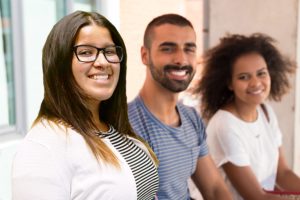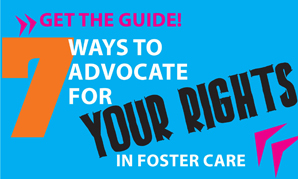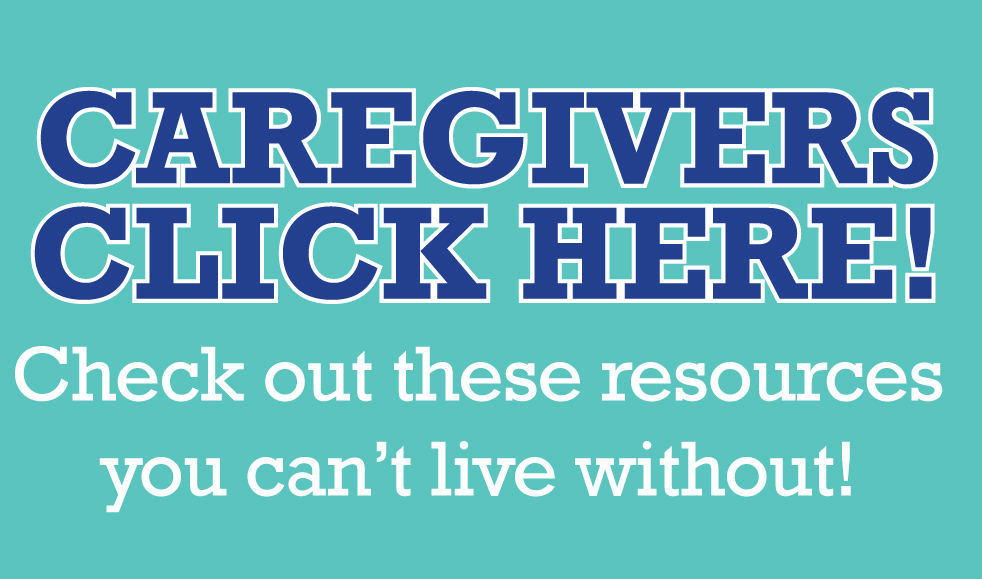Young people in foster care face a lot of educational challenges, including moving schools frequently, losing connections with close friends, and disruptions in academic plans. Foster families, however, can make this transition easier by listening to youth and helping them maintain connections during this time.
I entered the foster care system at age of ten. I experienced several placements, including group homes, foster homes, as well as some kinship placements. While I was able to stay at the same middle school, once I entered high school, I began moving schools once every few months. From freshman to sophomore year I was forced to switch school seven different times. This made it hard to make new friends, as I knew my time at a school would always be temporary. I didn’t get along with my teachers and never felt like I was living up to my full potential. The most difficult part was the lack of communication I had with anyone regarding these frequent changes. One foster parent showed concern for me during this time. She worked hard to make sure I could go out with friends and have normal experiences.
I stayed connected to my best friend from middle even during this time. Although there were challenges, being able to call or visit him was really important to me. I remember when I could visit him, I would look out the window of the group home van and see him with the biggest smile on his face, happy that I could visit. It was much different than when we saw each other every day in middle school, but it was exciting and meaningful when we were able to visit. It was this friendship that allowed me to eventually find permanency, as my friend’s mother adopted me into their family. It was through the support of my other placements that I was able to maintain this relationship.
All young people deserve permanent connections. Friendships serve as important long-term relationships. To help assist youth with these relationships, foster families must communicate with youth in their care. Ask us who is important in our lives and help us stay in contact with them, whether it is through in-person visits or phone calls. Ask us what school we go to and if we would like to stay there. Advocate for our best interest; to make it possible help us advocate for ourselves and work with our case specialist to find the best solutions. Our case plan is not set in stone. You are functioning as a parent, and just like a biological parent, you can and should speak up for the wants and needs of the youth in your care for.
-Maria, FAAZ YALB member


